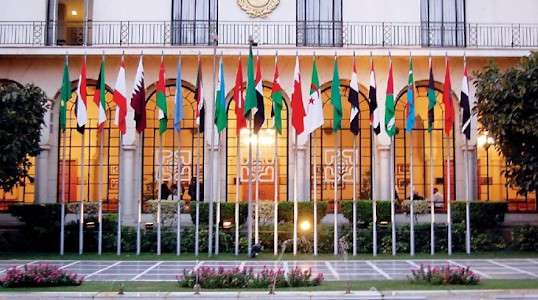The International Monetary Fund cut its growth forecasts for the Middle East and North Africa region, once again, amid the uncertainty in the region's economies. The fund expected that the region's economies would contract by 5.7 percent in 2020, compared to its expectations in April, with a contraction of 3.3 percent. According to the fund, these expectations are linked to the level of unusually high uncertainty regarding the length of the epidemic, its impact on strong closings, and the resulting negative risks, including social unrest and political instability, and possible fluctuations in global oil markets. The fund expected growth to drop to - 7.3 percent this year, and to recover next year to 3.9 percent. IMF attributed this to the double blow that the countries of the region received, starting with the sharp fluctuations in the oil market and ending with the Corona pandemic, and the general closure that accompanied it in large sectors of the economies in most countries.
In this regard, Jihad Azour, the Director of the Middle East and Central Asia Department at IMF, pointed out that "the region was subjected to a double shock with the coronavirus pandemic and low oil prices," adding that "the management of this crisis had a significant impact and losses on the economy, and this is the reason why we had to review our growth rates this year."
Source (Al-Sharq Al-Awsat newspaper, Edited)

